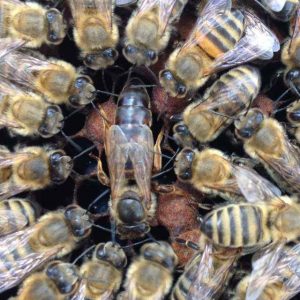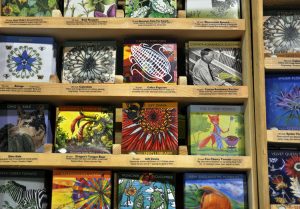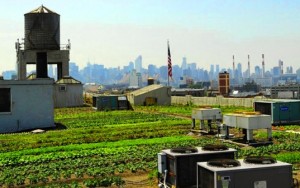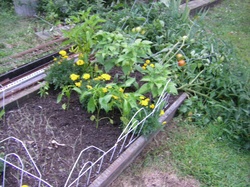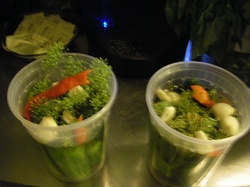 Today we remember St. Phocas the Gardener. He is the patron of farmers, fieldworkers, agriculture, and gardeners. He was a man connected to his land and to his neighbor, and who understood ecology in the deep sense of not living just for oneself but for all. He was both a bishop and a simple farmer, and he devoted everything he grew to be given to the poor.
Today we remember St. Phocas the Gardener. He is the patron of farmers, fieldworkers, agriculture, and gardeners. He was a man connected to his land and to his neighbor, and who understood ecology in the deep sense of not living just for oneself but for all. He was both a bishop and a simple farmer, and he devoted everything he grew to be given to the poor.
He is also the patron of hospitality. When soldiers came looking for him to execute him for being a Christian, he welcomed them with open arms, and practicing the command of Christ to love one’s enemies, he fed them and treated them as Christ himself. The soldiers did not realize that their host was the same Phocas they were to execute, and St. Phocas promised them that he would help them find their target.
When Phocas revealed himself to them, they were reluctant to kill him. Phocas, however, refused to fight them or to hinder their duty, and instead invited the soldiers to do what they were there to do, offering his neck. For this he was martyred.
St. Phocas is also the patron of sailers. There is an old sailing custom whereby at each meal, a portion is set aside called ‘St. Phocas portion.’ This portion is sold and the money collected is donated to the poor whenever port is reached. In this way, Phocas’ love for strangers, enemies, the poor, the land, and his neighbors continued to extend even past his death.
Holy Phocas, pray for us!
thanks to In Communion
